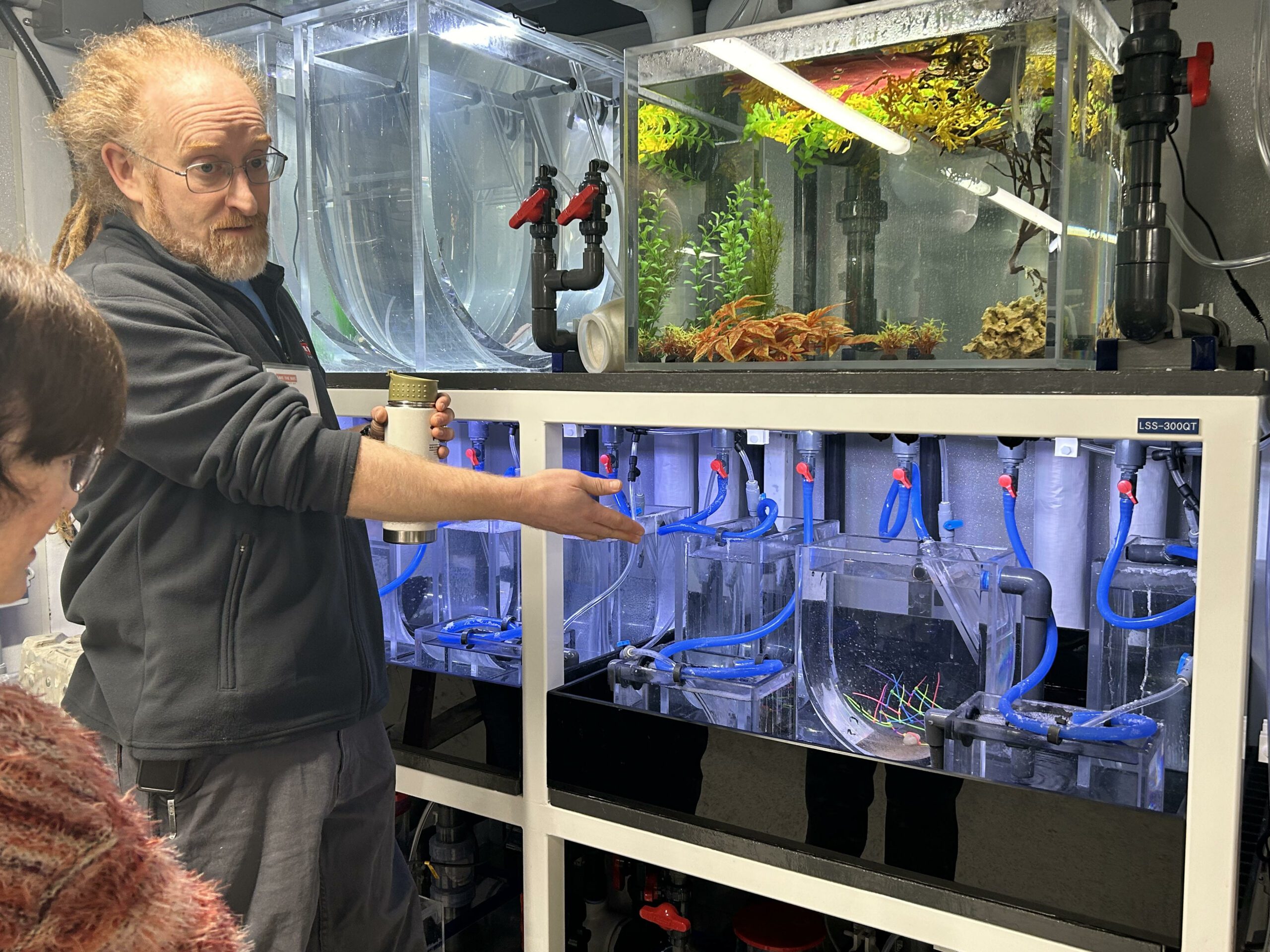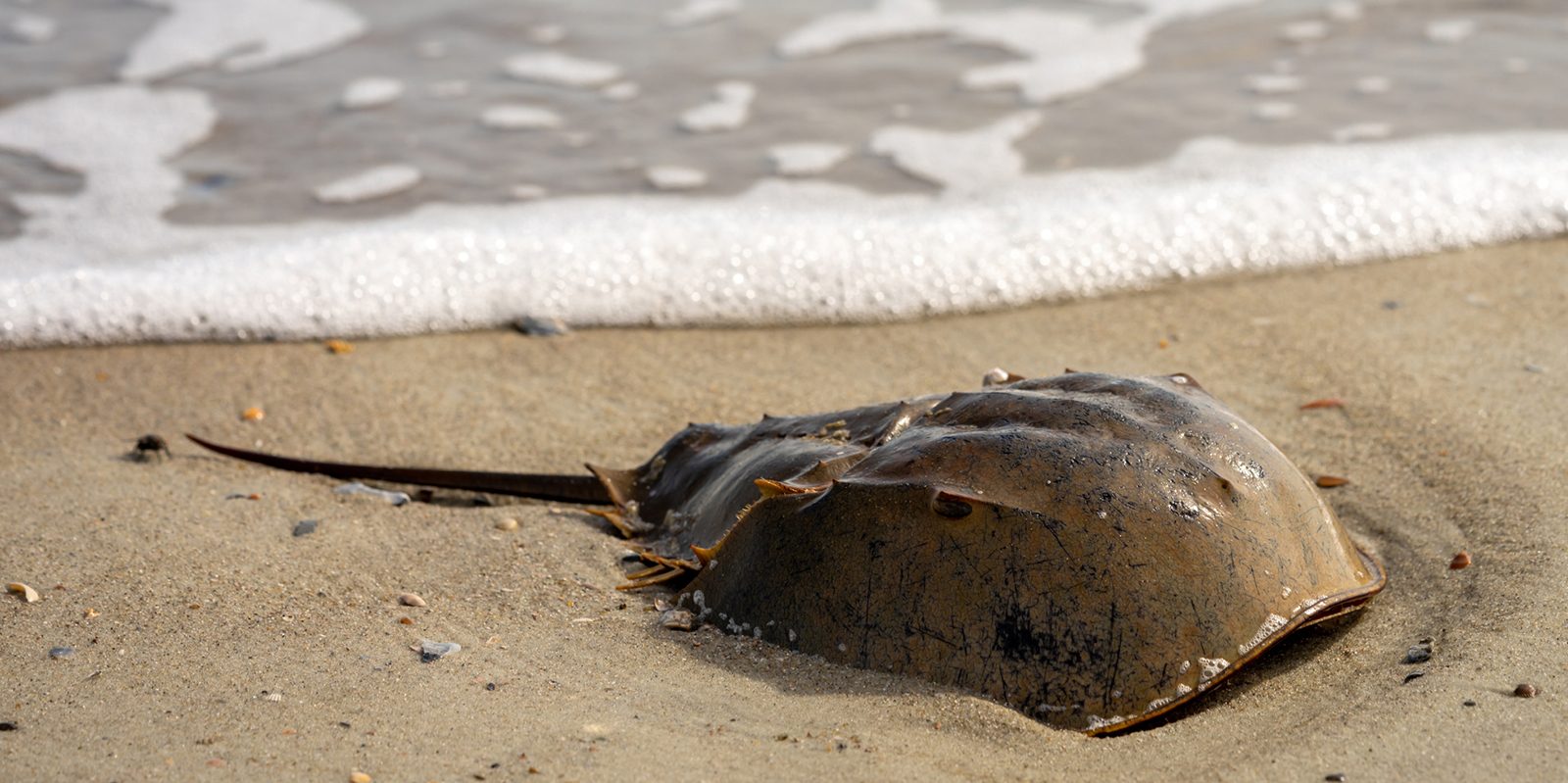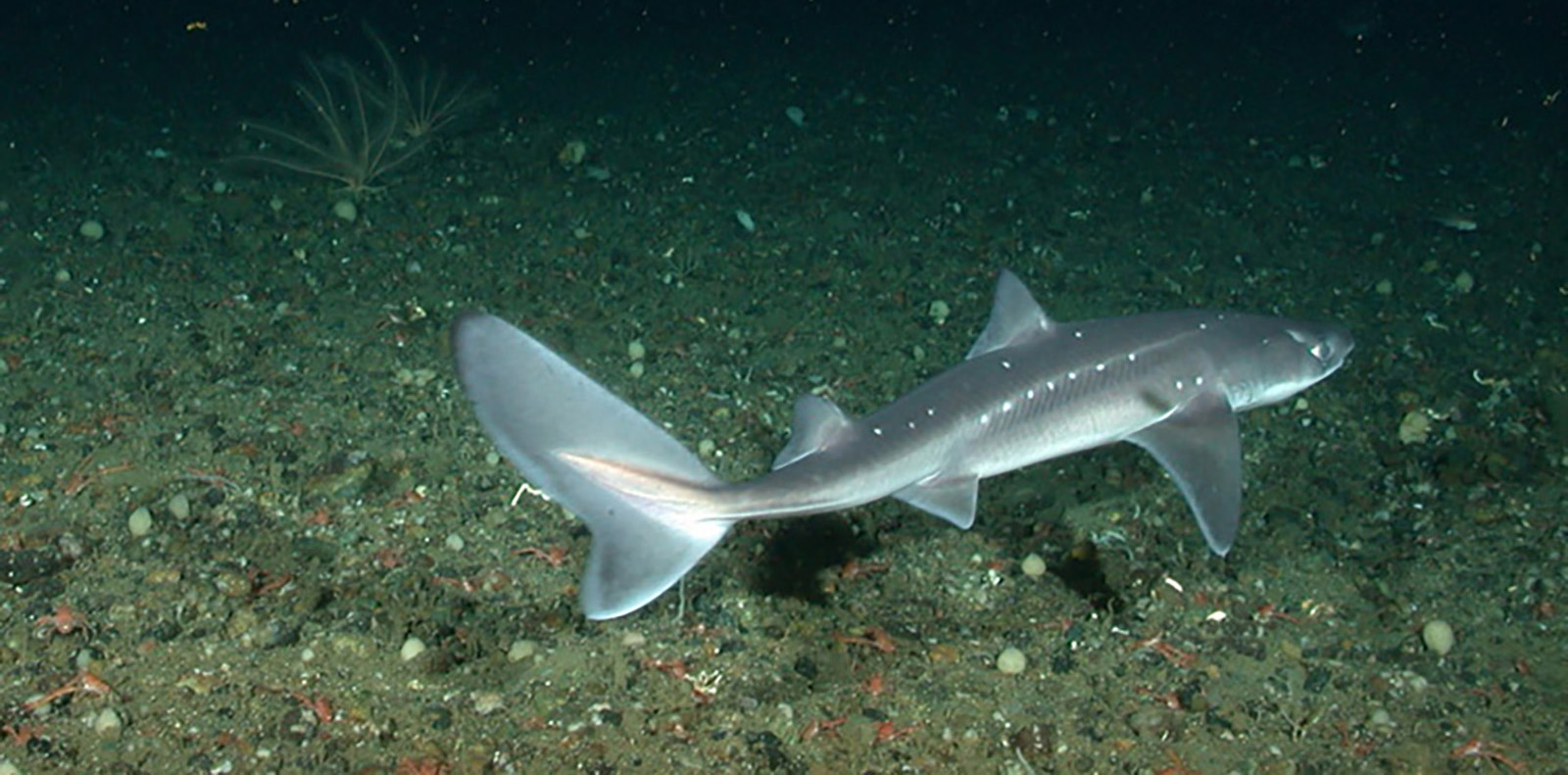Eelgrass on Decline in Narragansett Bay, Coastal Ponds
July 19, 2017
KINGSTON, R.I. — Michael Bradley calls eelgrass “the canary in the coal mine for estuarine health.” The flowering plant that grows beneath the surface of coastal waters and salt ponds provides nursery habitat for shellfish and finfish, while also dampening wave energy, stabilizing sediments, and serving as an indicator of clean water.
But according to a recently issued report by the University of Rhode Island’s Environmental Data Center, eelgrass in Rhode Island is declining in Narragansett Bay and in most of the state’s coastal salt ponds.
The report found 1,144 acres of eelgrass and other submerged vegetation in state waters, an 18 percent decrease from 2012. The largest declines occurred in Quonochontaug Pond (52 percent), Point Judith Pond (48 percent) and Little Narragansett Bay (25 percent), according to the URI report.
More than half of Rhode Island’s eelgrass occurs around Jamestown, which experienced a 19 percent decrease in eelgrass acreage. Ninigret Pond in Charlestown was the only coastal pond not to have a decrease, and the Narrow River was the only site that experienced a significant increase (45 percent) since 2012.
“It’s difficult to know exactly what’s going on,” said Bradley, a URI research associate and lead author of the report. “The reasons can be varied. An increase in water temperature could have something to do with it. Pollution in the water or soil could have something to do with it. And severe storms like Hurricane Sandy could certainly affect it. We need more surveys, more data and more analyses to get a better handle on what is determining eelgrass changes.”
Eelgrass beds can also be degraded by algal blooms or disease, or be physically damaged by human activities such as shallow-water boating, dredging, and construction of docks and other structures.
Data for the report was collected by aerial surveys funded by the Rhode Island Coastal Resources Management Council (CRMC).
Bradley acknowledged that the decline in eelgrass is worrisome.
“If you care about shellfish, if you like to have scallops, if you care about commercial or recreational fishing, then you should care about eelgrass,” he said. “The bottom line is that’s where the little critters go to hide to become big critters that can become commercially or recreationally available.”
Anecdotal reports suggest that eelgrass was abundant throughout Narragansett Bay a century ago, but most of it was wiped out during the 1930s and 1940s, mainly because of naturally occurring disease. When the first aerial surveys of eelgrass were conducted in 1996 by Save The Bay and the Narragansett Bay Estuary Program, they found just 100 acres of eelgrass in the bay.
“Those results spawned a big restoration effort,” Bradley said.
In 2006, When Bradley conducted his first aerial surveys of eelgrass in Narragansett Bay, he found that eelgrass acreage had tripled to about 300 acres.
“What we learned, though, was that technology has come a long way,” Bradley said. “The survey methods were very different from 1996, based on new technology, so we have to be very careful when we compare the results.”
The results of a 2012 survey showed a further increase in eelgrass acreage, before declining in 2016.
This year, Bradley intends to conduct an accuracy assessment of the 2016 mapping using underwater video cameras and global positioning systems to determine how much error is associated with the aerial survey method. He will also test the use of drones for conducting future surveys.
In the meantime, what can be done to ensure that eelgrass doesn’t continue to decline in the state? Unfortunately, that’s a question without an easy answer.
“Anything we can do to help clean the bay would be useful,” Bradley said. “But there are not enough pictures and not enough numbers to base confident policy and management decisions on yet.”




I once counted over 100 swans in and around Pawtuxet Cove. Are their numbers increasing in the lower bay as well? They were introduced here to keep our ponds and beaches free of vegetation. It would seem they are up to the task.